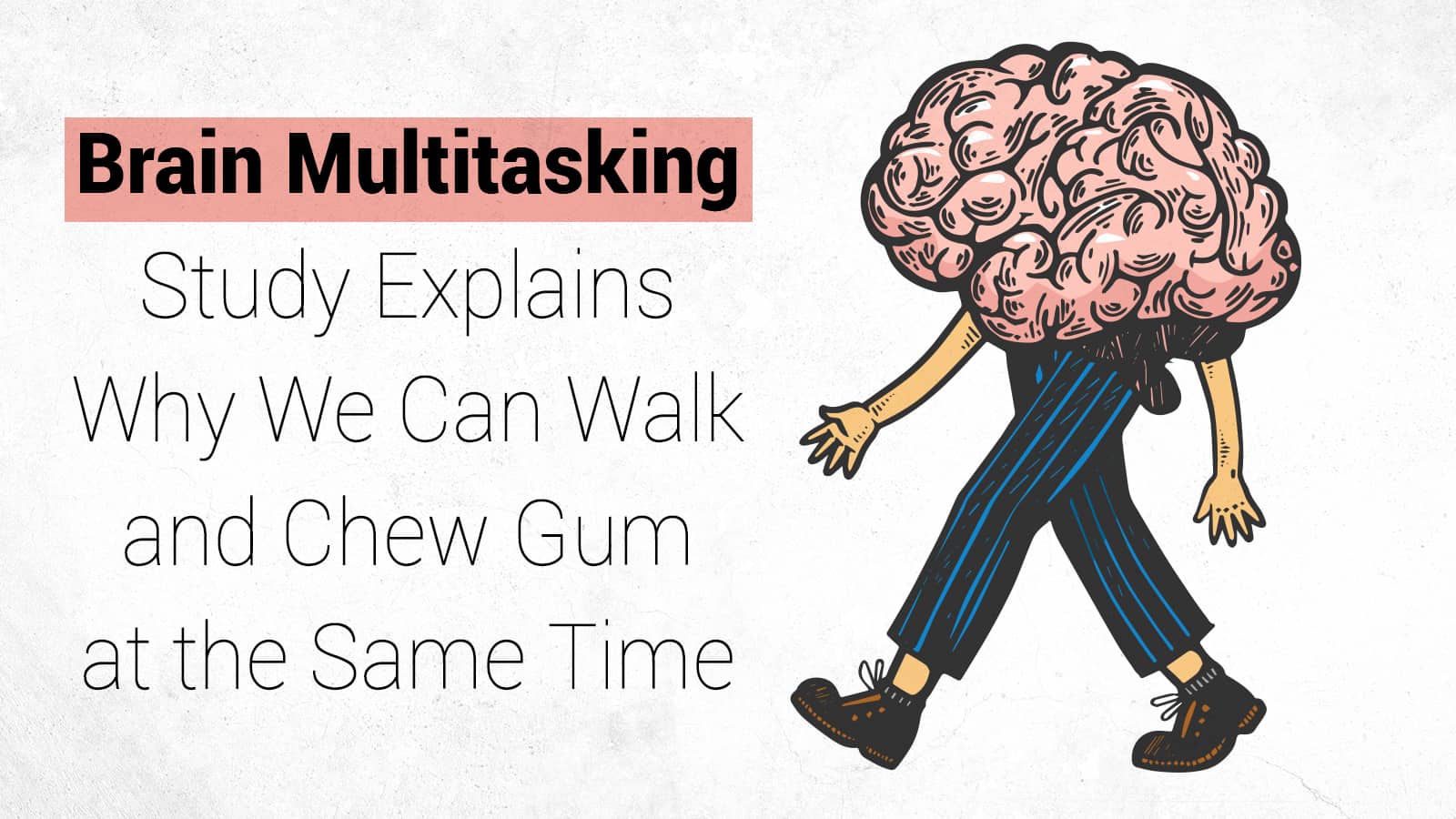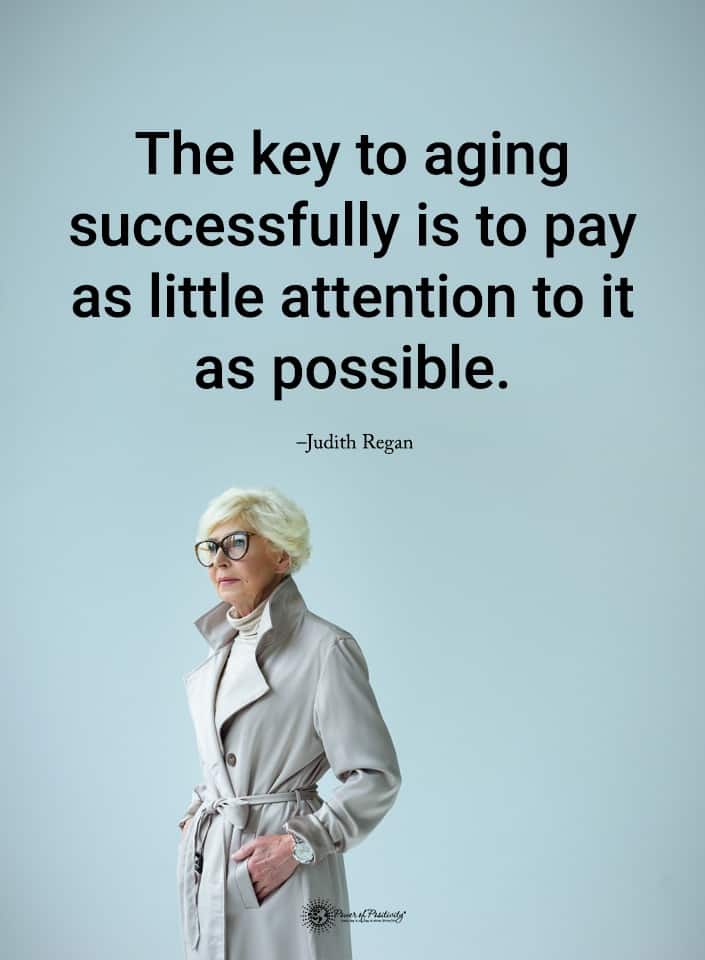A new brain multitasking study disproves the old idiom that says a person can’t walk and chew gum simultaneously. People sometimes use this phrase to describe someone who acts uncoordinated, clumsy, or inept. Of course, people shouldn’t judge a book by its cover because humans have an uncanny ability to adapt.
Scientists from the Del Monte Institute for Neuroscience at the University of Rochester have shown that we’re all capable of being multitaskers. They say a healthy brain can efficiently multitask while walking without hindering the performance of either activity.
“This research shows us that the brain is flexible and can take on additional burdens,” said David Richardson, an MD, Ph.D. student in his fifth year in the Pathology & Cell Biology of Disease Program, and first author of the study recently published in the journal NeuroImage. “Our findings showed that the walking patterns of the participants improved when they performed a cognitive task at the same time, suggesting they were more stable while walking and performing the task than when they were solely focused on walking.”
Study Explains How the Brain Multitasks Even During Challenging Activities
For the study, researchers utilized a Mobile Brain/Body Imaging system, or MoBI, stationed in the Del Monte Institute’s Frederick J. and Marion A. Schindler Cognitive Neurophysiology Lab. The platform uses three types of technology: virtual reality, brain monitoring, and motion capture technology. While participants walk on a treadmill or move objects on a table, sixteen high-speed cameras record their brain activity and movements.
The MoBI recorded the participants’ brain activity as they walked on a treadmill and engaged in brain multitasking. It also recorded their brain activity as they performed the same tasks in a seated position. The team measured brain changes between tasks and discovered a more considerable neurophysiological difference between walking and sitting during more strenuous activities. This shows the neuroplasticity of a healthy brain and how it can quickly adapt to challenging tasks.
“The MoBI allows us to better understand how the brain functions in everyday life,” said Edward Freedman, Ph.D., lead author of the study. “Looking at these findings to understand how a young, healthy brain can switch tasks will give us better insight to what’s going awry in a brain with a neurodegenerative disease like Alzheimer’s disease.”
“Understanding how a young, healthy brain can successfully ‘walk and talk’ is an important start, but we also need to understand how these findings differ in the brains of healthy older adults and adults with neurodegenerative diseases,” said Richardson. “The next stage is expanding this research to include a more diverse group of brains.”
Additional authors include John Foxe, Ph.D., Kevin Mazurek, Ph.D., and Nicholas Abraham of the University of Rochester. The Eunice Kennedy Shriver National Institute of Child Health and Human Development and the Del Monte Institute for Neuroscience Pilot Program funded the research.
The Downsides of Brain Multitasking
However, just because we can multitask doesn’t necessarily mean we should. Brain multitasking can take place during three different scenarios. Either we’re attempting to complete two tasks simultaneously, switching rapidly between two jobs, or performing several tasks consecutively. While it may seem like we’re accomplishing more by multitasking, it can hinder productivity and cognitive performance. Scientists refer to this as “switching costs,” or the costs associated with rapidly switching between tasks.
One study by the American Psychological Association found that brain multitasking can reduce productivity by up to 40%. These time costs increased when volunteers performed complex or unfamiliar tasks. However, when switching between familiar tasks, their response time improved. So, this means that we’re capable of multitasking, but it doesn’t always equate to better performance.
While brain flexibility increases as we learn new tasks, that doesn’t mean we should perform them simultaneously. It largely depends on what we’re trying to accomplish. Checking emails and notifications on social media simultaneously isn’t too taxing on the brain. However, an air-traffic controller attempting to learn a new, complex skill could result in disaster due to mental overload.
Not to mention, multitasking lowers your IQ by up to 15 points, according to a study by the University of London. This decline in intelligence lowered their scores to the average range for an 8-year-old child. Furthermore, their scores compared to what researchers would expect from someone who stayed up all night or smoked cannabis.
We’re not saying you should avoid brain multitasking altogether, but try to confine it to more straightforward tasks. Approaching complex activities with focus will improve efficiency and reduce the time required to complete the job.
How to Improve Your Single-Tasking
- Remove any distractions. While you’re working, keep your phone or tablet in a different room. When it’s out of sight, it is easier to focus on the task at hand.
- Make a to-do list. Please write down your most important tasks and check them off one at a time.
- Take short breaks. The brain doesn’t have unlimited energy, so it needs to rest every so often. Get up from your desk, stretch your legs, and allow your mind to wander for a while.
- Focus on one task at a time. To avoid brain multitasking, it’s important to channel all your energy toward one activity. When you finish one thing, move on to the next task.
Final Thoughts on Brain Multitasking Study
A new brain multitasking study by neuroscientists from the University of Rochester reveals the flexibility of our brains. They found that the walking patterns of participants improved when they performed a cognitive task simultaneously. This shows that the brain can adapt quickly to new stimuli.
However, multitasking during complex tasks isn’t recommended because of the mental strain it causes. Our brains weren’t meant to switch rapidly between complex tasks but rather focus intently on one task at a time.
We’re becoming burdened by the sheer amount of information we have to process in our modern world. So, to protect your mental health, filter through this information and decide what’s most important. Eliminating distractions and slowing our brains down will do wonders for our well-being.
















 Community
Community

